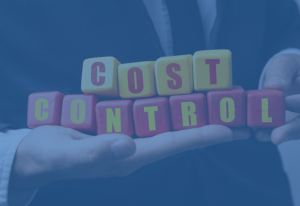
ERP software, also known as Enterprise Resource Planning software, is a comprehensive business management software that integrates various functions such as accounting, inventory management, procurement, project management, human resources, and customer relationship management. As a result, it provides businesses with a centralized database that streamlines their operations and helps them make informed decisions.
Here are the 8 most frequently asked questions about ERP software for business:
- What are the benefits of using an ERP system? ERP systems offer a wide range of benefits, including improved efficiency, reduced costs, increased productivity, better data management, streamlined workflows, enhanced collaboration, and better decision-making.
- How much does an ERP system cost? The cost of an ERP system can vary significantly depending on various factors such as the size of the business, the number of users, the level of customization, and the vendor. However, most ERP systems are priced on a per-user basis, and businesses can expect to pay several thousand dollars per user.
- How long does it take to implement an ERP system? The implementation time for an ERP system can vary widely depending on the complexity of the business processes, the size of the organization, and the level of customization required. Generally, it can take anywhere from a few months to a year or more.
- What are the common features of an ERP system? The common features of an ERP system include accounting, inventory management, procurement, project management, human resources, and customer relationship management. Some ERP systems may also offer additional features such as sales management, supply chain management, and e-commerce.
- How does an ERP system improve business processes? ERP systems improve business processes by automating and streamlining various functions such as accounting, inventory management, and procurement. This eliminates the need for manual processes and reduces errors, thus improving efficiency and productivity.
- Can an ERP system be customized? Yes, ERP systems can be customized to meet the specific needs of a business. This includes modifying existing modules, creating new modules, and integrating with third-party applications.
- What are the risks associated with implementing an ERP system? The risks associated with implementing an ERP system include project delays, cost overruns, data security breaches, and user resistance to change. These risks can be mitigated by careful planning, training, and involving all stakeholders in the implementation process.
- What should businesses consider when choosing an ERP system? Businesses should consider various factors when choosing an ERP system, including their business needs, the size of their organization, the level of customization required, the vendor’s reputation, and the total cost of ownership. They should also evaluate different ERP systems and vendors to find the best fit for their business.
Do you want to learn more about the ERP system and its possibilities? Download the demo for free and test Firmao for free for 14 days.
Follow us on Facebook.




